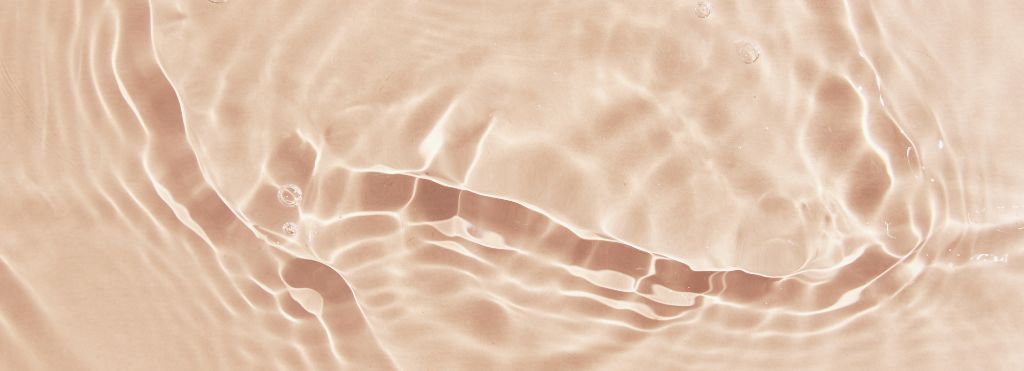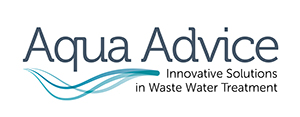Industrial water waste treatment & consent to discharge: a guide

Discharging industrial water waste into the public sewer after treatment requires permission from your local water authority. Let’s look at what’s involved…
Why consent is required
The Water Industry Act 1991 defines industrial water waste (also known as trade effluent) as:
“any liquid, either with or without particles of matter in suspension in the liquid, which is wholly or partly produced in the course of any trade or industry carried on at a trade premises.”
Under the Act, water authorities are required to control what industrial water waste being sent to the public sewer to protect people and the environment and to maintain sewerage networks and treatment processes.
Discharging industrial water waste to a public sewer system or waterway without consent is a criminal offence and can result in a fine of up to £5,000 for doing so. Indeed, more serious cases can be referred to Crown Court where fines are unlimited.
Which businesses need consent to discharge
If your industrial water waste treatment plant produces liquids that are not domestic waste (i.e. from toilets) or rainwater (i.e. from roof drainage), you may need a permit from your local authority to discharge it from your treatment plant into the public sewer system.
Most businesses will require permission to discharge industrial water waste, including:
- Chemical processing plants
- Engineering plants
- Food/drink manufacturers
- Car washes
- Laundrettes
- Swimming pools
However, there are a number of businesses which are considered ‘low risk’ and permission is not required:
- Office buildings
- GP surgeries, dentists and vets
- Residential homes
- Hairdressers
- Food service
- Grocery retailers
There are also other circumstances when industrial water waste must be discharged to the foul sewer and not to the surface water system, therefore full consent must be obtained:
- Mobile businesses that have no permanent discharge point and instead use sites that have a permanent connection
- Any discharges exceeding 6 months in duration (any less than this are considered a temporary discharge can be authorised by agreement)
- Trade that takes place at a domestic property
How to apply for consent
To obtain permission to discharge industrial water waste, you will need to make an application to your water authority. This can be done via your retailer, who will complete a Trade Effluent Notice.
If you think your business might already have trade consent, your local water authority will likely have a public register that you can search to check whether a specific site has consent. You will need the following information:
- the legal company name
- street name or postcode of the site discharging
- consent reference number if known
What is included in industrial wastewater discharge consent
The consent you receive will include several limits and conditions such as:
- Maximum discharge and daily volume rates
- Solid particulate/organic matter concentration limits
- pH level restrictions – normally this is between 6 and 10
- any substance likely to produce flammable, harmful or toxic vapours will not be permitted
- water waste with a temperature higher than 43.3oC (109.9oF) will not be permitted.
Additionally, depending on the nature of your industrial water waste, your local water authority may also impose additional conditions if required by the Environment Agency
Monitoring Certification Scheme
As a requirement of your consent to discharge industrial water waste permit, you may need to comply with the Environment Agency’s Monitoring Certification Scheme (MCERTS).
Complying with MCERTS will ensure your business provides accurate information to the Environment Agency – read more about MCERTS requirements.
What happens if you breach your discharge consent conditions
If the discharge exceeds any of your consent conditions, your local Trade Effluent Controller will contact you.
If compliance is not achieved, your water authority may be forced to take legal action.
Industrial water waste treatment from Aqua Advice
The most effective way to comply with your discharge consent conditions and avoid costly fines is to ensure your industrial water waste treatment plant is working optimally.
Experts like Aqua Advice can assess your treatment plant to identify water waster chemical treatment solutions to optimise your treatment plant and equipment.
We offer comprehensive range of industrial water waste treatment plants from upgrades of your existing facilities to complete turnkey projects.
Get in touch today to book a consultation.
